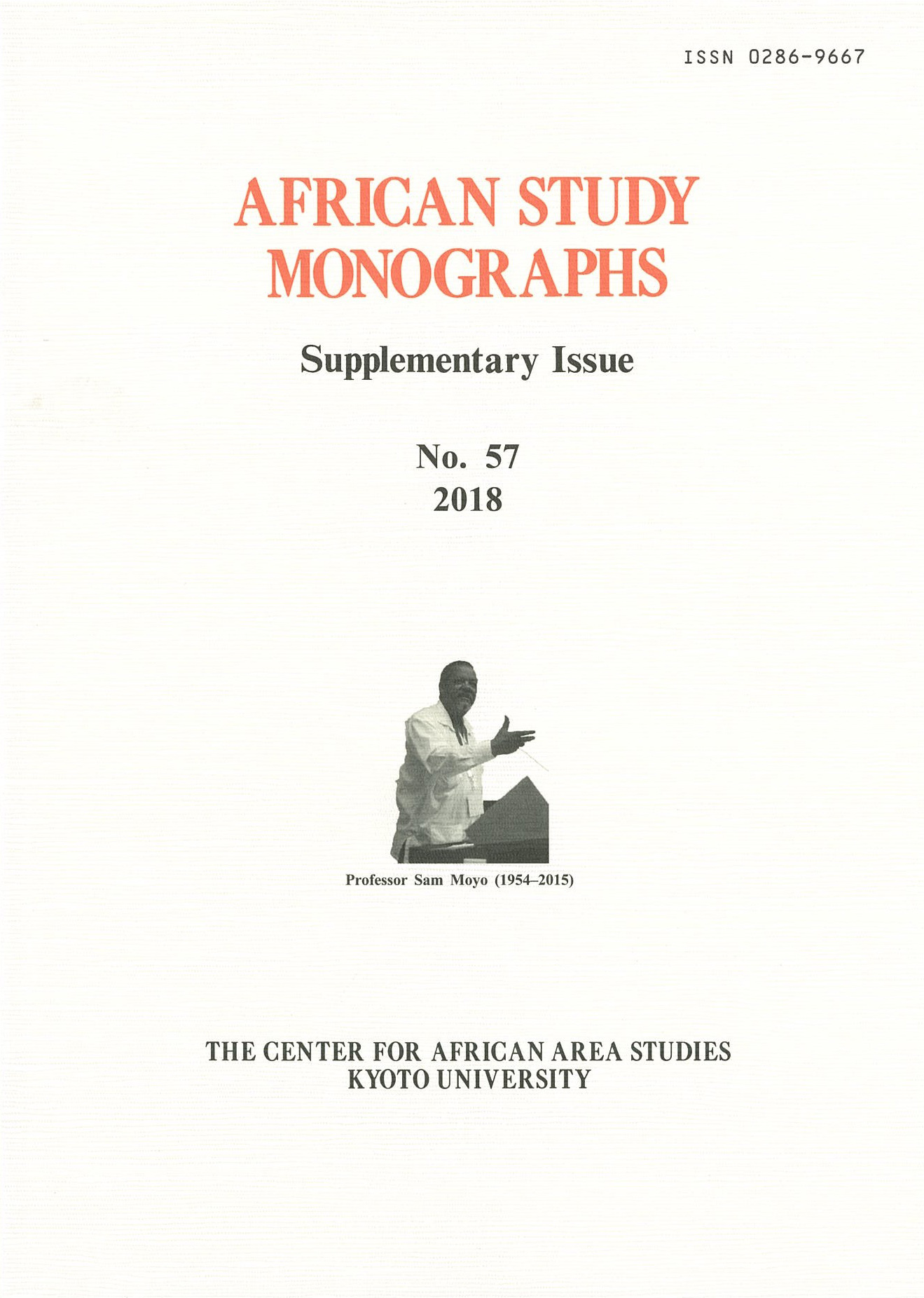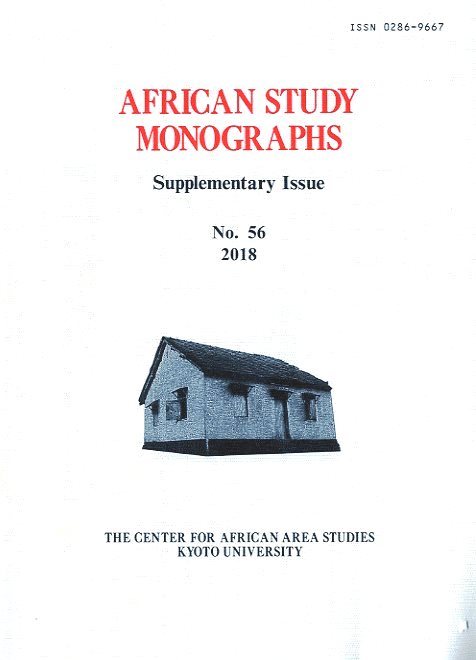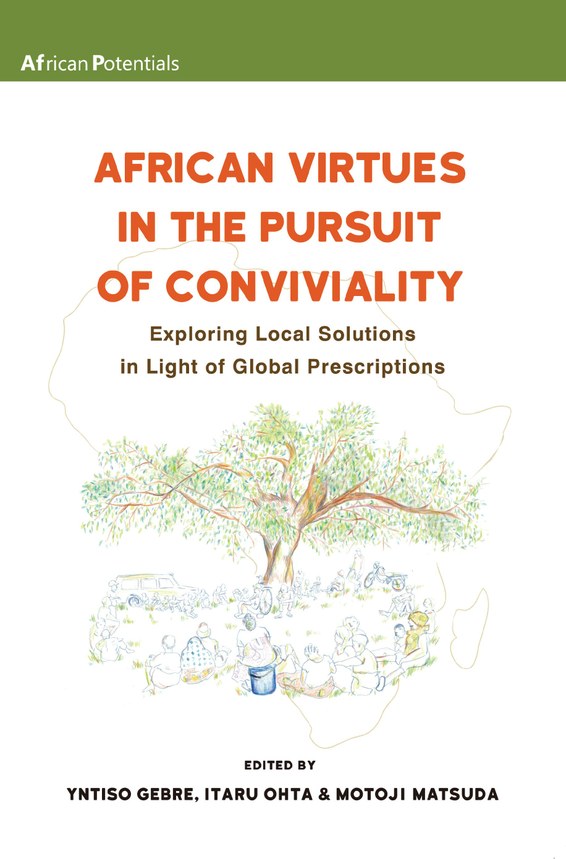Date and Time: 14:30–17:30, January 27, 2018 (Saturday)
Venue: Large Meeting Room, Third Floor, Inamori Foundation Memorial Hall, Kyoto University
Program *Moderator (Motoki Takahashi, Kyoto University)
- Outline of Objectives (Motoji Matsuda, Kyoto University)
- Lecture 1: Fair Trade in Chocolate and its Effect on Production Regions (Akira Kondo, Ghana Project Manager, NPO ACE (Action against Child Exploitation))
- Lecture 2: Fair Trade in Coffee and Social Systems in Coffee-Producing Regions: Systems that Help and Systems that Hinder (Hideaki Tsujimura, Kyoto University)
- Commentator 1 (Motoi Suzuki, National Museum of Ethnology)
- Commentator 2 (Koichi Ikegami, Kindai University)
This general meeting was open to the public. It was a great success, with as many as 117 participants in attendance.
Professor Matsuda kicked off the workshop with an explanation of the objectives of this meeting. The goal of fair trade is to improve the lives of people in food-producing regions by correcting inequitable relationships between producers and consumers. In recent years this concept has become well known in Japan. So, what is the actual effect of fair trade on production regions?
In the first lecture, titled “Fair Trade in Chocolate and its Effect on Production Regions,” Mr Kondo, a member of the NPO ACE (Action against Child Exploitation), described its long history of projects in support of cacao producers in Ghana and its work with fair trade products. Mr Kondo also discussed the changes brought about in cacao plantation districts by ACE campaigns such as 1 more LOVE and 1 Chocolate for 1 smile, the latter in cooperation with the confectionary maker Morinaga & Co., Ltd.. ACE not only provides aid for cacao production, but also works to eliminate child labor and improve the educational environment, and has been progressively achieving these goals. The next challenge is to enable local farming villages to continue these activities after the project ends. Here, Mr Kondo presented examples of villages whose residents have voluntarily proposed and enacted mechanisms to monitor child labor and organizations to provide mutual aid. He also described the importance of the link between consumers and food-producing regions, for example, how letters from consumers in Japan led to increased motivation among local producers. Mr Kondo discussed how the fair trade initiatives taken by large corporations that produce chocolate have brought the concept of fair trade closer to Japanese consumers.
The next speaker, Professor Tsujimoto of Kyoto University, discussed the effect of international coffee market trends and the fair trade movement on coffee-producing regions in the foothills of Mt. Kilimanjaro in Tanzania, which he has spent many years researching. This region is famous for Kihamba, an agrosilvopastoral (agroforestry) farming system that focuses on environmental protection. Kihamba was designated a Globally Important Agricultural Heritage System (GIAHS) in 2011. Not only is this system good for the environment, but it also provides security of household economy for farmers, as the growing of coffee–a “masculine” product–is supported by “feminine” products such as bananas and milk. The inequality for producers remains, however, as exemplified by a difference of more than 800 fold between the price of coffee paid to producers and that paid by consumers in Japan. After experiencing sluggish international coffee prices since the 1990s and the global coffee crisis, an increasing number of coffee farmers have switched to growing corn or have traveled to the cities to work away from home, and some have been left unable to send their children to school. Thus, it is becoming increasingly important to promote fair trade to raise the prices received by coffee producers. Social development projects such as Fairtrade Premium have been started for this purpose. Professor Tsujimoto also noted factors limiting the power of the fair trade movement, such as price competition with large restaurant chains.
After the two lectures, the first commentator, Professor Suzuki, raised two questions. First, would all problems be solved if only child labor was eliminated and children were sent to school? Second, how do the speakers consider the various issues associated with the education system? Mr Kondo replied that child labor which must be eliminated involves heavy manual work which prevents children’s healthy growth and labor that is exploitative. Professor Tsujimoto emphasized the fact that the villagers themselves place great importance on education compared to others in Tanzania, and make sending their children to school a priority.
The second commentator, Professor Ikegami, responded to Professor Tsujimoto’s presentation by asking about the possibility of taking the mechanisms and initiatives implemented by this village as a model, and expanding it to surrounding regions. Professor Ikegami also inquired about the “black box” that exists between food-producing regions and food-consuming regions (price-setting mechanisms, for example). Professor Tsujimoto replied to the first question by saying that he did not think that this particular case could really constitute a model, although it may perhaps be generalized. Regarding the second question, Professor Tsujimoto noted the fact that coffee prices are set by commodity futures markets, which are organized and systematized internationally, thus difficult to modify. Rather, the fair trade movement has developed without trying to modify these systems.
The discussion was then opened up to questions from the floor. The two lecturers responded to various questions, after which the workshop was concluded.
Misa Hirano-Nomoto



